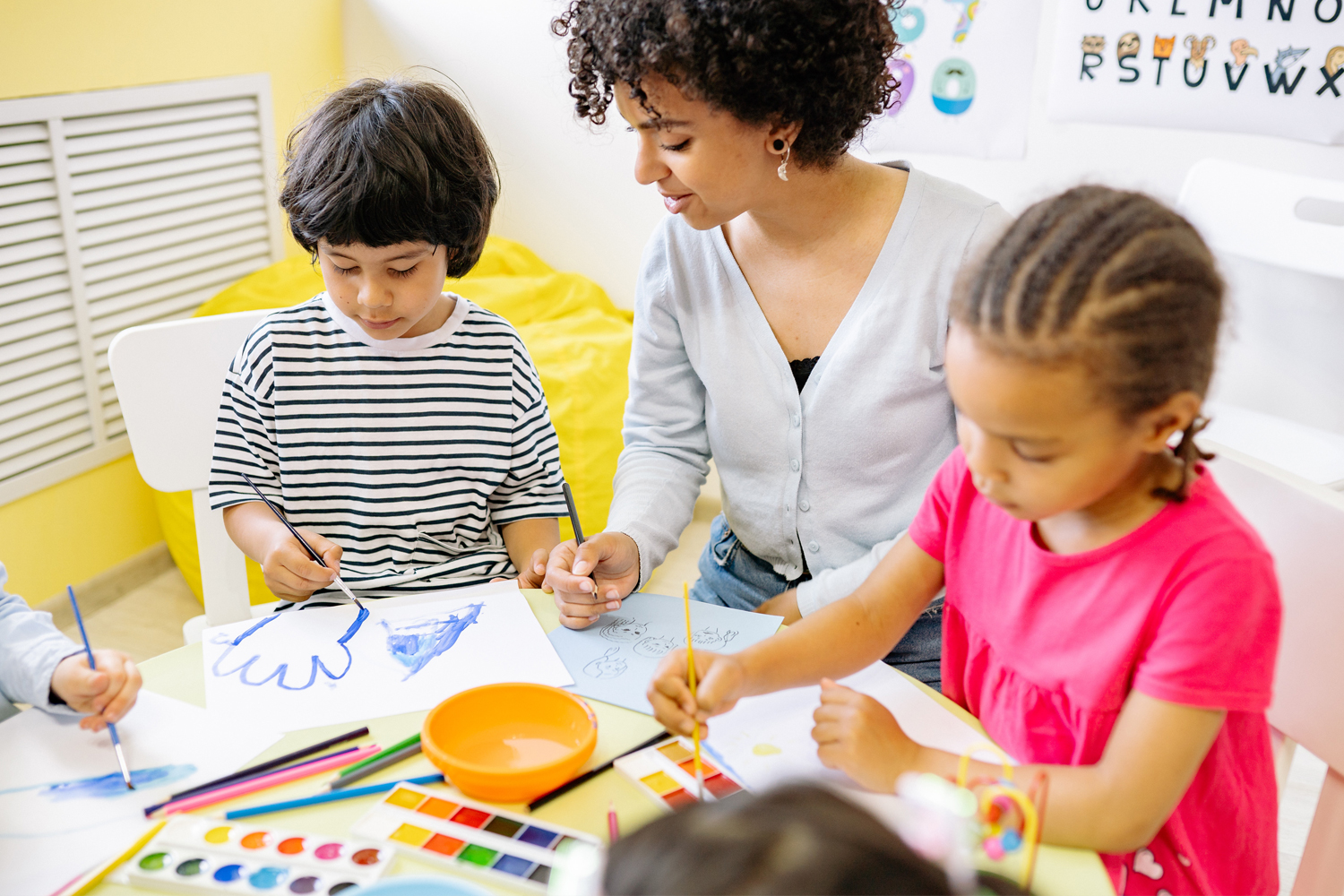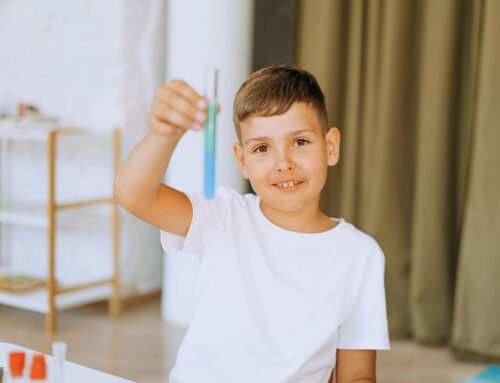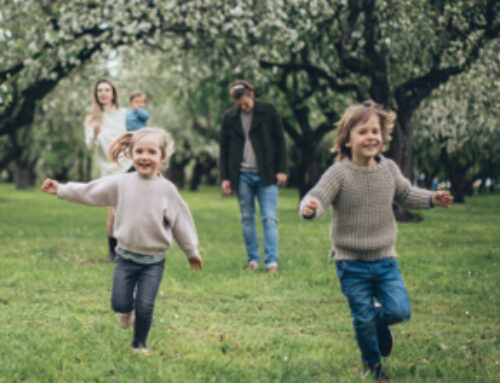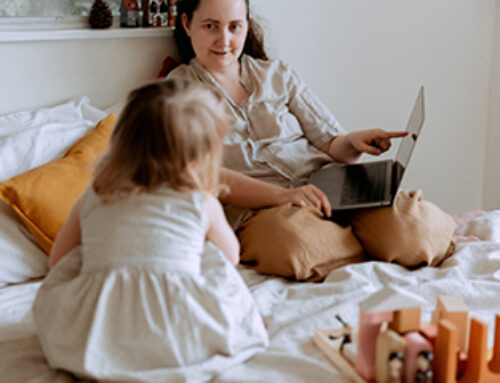Does your child seem to fall more frequently than others? Take major climbing risks? Seem to fall on purpose? Seem disorganized or lost in space? Seem to never stop moving? Many children with sensory processing differences present with limited safety awareness, leading to stressful community outings. Taking your child to the park or playground can be a great summertime activity or can be something you tend to dread. This blogs talks about the importance of safety awareness and gives tips how to help you give proper input to help develop your child’s vestibular system.
During preschool occupational therapy/ physical therapy rotations, safety awareness with peers is a top priority and a skill that is worked towards daily. Some of our children who are at the highest risk of injury are those with an under-responsive vestibular system. Your vestibular system is responsible for telling the body how you are moving through space. An under-responsive vestibular system requires higher intensity input to register or understand that input. This means a child may look for that input in unsafe ways, such as purposefully falling from a high surface or having a delayed safety response that leaves them unable to catch themselves if balance is lost.
An under-responsive vestibular system can also impact the development of bilateral coordination skills, decreasing the body’s ability to work together for complex motor tasks. Delayed bilateral coordination and integration can delay fine motor skills, participation in meaningful activities, handedness, and overall development. So how do we help?
- Make time to provide movement experiences daily such as swinging, sliding, jumping, and other active movement experiences. These can be done in your home with obstacle courses (jump over the couch pillows, then crawl under the blanket), or outside if you’re feeling ambitious. Practice these movement experiences at home to provide ideas for your child to participate in once you are in a community setting. If your child has ideas of what to do, they will be less likely to seek those unsafe activities!
- Encourage active, child-led movement activities versus passive input, as the child will better be able to understand and learn from this input. This means having the child jump and spin versus you jumping or spinning the child. Passive input is better than none, however, and may help teach your child strategies. It can be a good place to start.
- Encourage activities that require balance, such as navigating uneven surfaces, walking on a balance beam, or even walking across a line of tape on the floor.
- Talk to your child about how his/her body feels before and after these activities to increase understanding and carryover.
Providing these movement activities in an organized, safe way will help your child learn strategies to obtain the input he or she is seeking without stressing you out! For an individualized home program, collaborate with your occupational therapist to further promote development and safety awareness.


Blue Bird Day fosters socialization, sensory regulation, and pre-academic learning in children ages 2-7 years in therapeutic rotations that simulate preschool and kindergarten settings. Our compassionate therapists practice a relationship-based and family-centered approach, provide parent training, and collaborate on goals and individualized intensive treatment plans for your child.
We believe in a collaborative and multi-disciplinary team approach to therapy. A team of occupational therapists, speech-language pathologists, dietitians, developmental therapists, behavioral therapists, physical therapists, and therapeutic assistants are created for each child to ensure child and family are fully supported and the best possible results are achieved.
Options for individualized, group and virtual therapy sessions are available as well.
Want to learn more or you have a specific question? Feel free to connect with us here!



